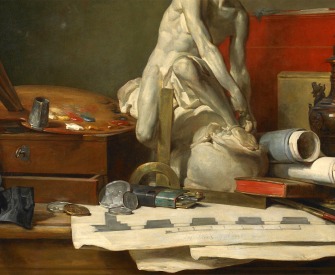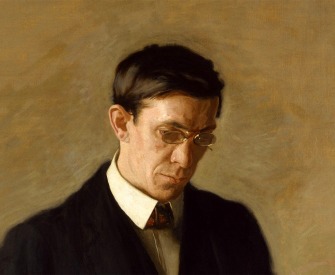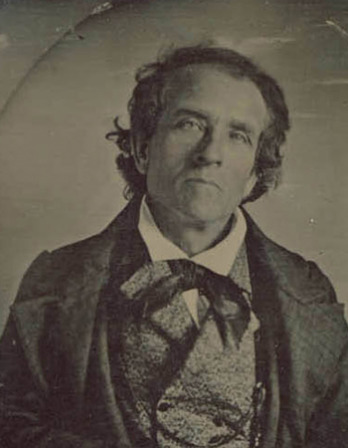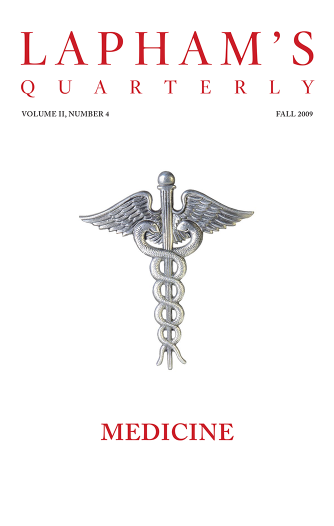Mr. —— remarked that nothing could be so beneficial to a country as manufactures. “You see these children, sir,” said he. “In most parts of England, poor children are a burden to their parents and to the parish; here the parish, which would else have to support them, is rid of all expense; they get their bread almost as soon as they can run about, and by the time they are seven or eight years old bring in money. There is no idleness among us—they come at five in the morning; we allow them half an hour for breakfast and an hour for dinner; they leave work at six and another set relieves them for the night; the wheels never stand still.” I was looking while he spoke at the unnatural dexterity with which the fingers of these little creatures were playing in the machinery, half-giddy myself with the noise and the endless motion: and when he told me there was no rest in these walls, day or night, I thought that if Dante had peopled one of his hells with children, here was a scene worthy to have supplied him with new images of torment.
“These children, then,” said I, “have no time to receive instruction.” “That, sir,” he replied, “is the evil which we have found. Girls are employed here from the age you see them till they marry, and then they know nothing about domestic work, not even how to mend a stocking or boil a potato. But we are remedying this now and send the children to school for an hour after they have done work.” I asked if so much confinement did not injure their health. “No,” he replied, “they are as healthy as any children in the world could be. To be sure, many of them as they grew up went off in consumptions, but consumptions was the disease of the English.” I ventured to inquire afterward concerning the morals of the people who were trained up in this monstrous manner and found what was to be expected—that in consequence of herding together such numbers of both sexes, who are utterly uninstructed in the commonest principles of religion and morality, they were as debauched and profligate as human beings under the influence of such circumstances must inevitably be: the men drunken, the women dissolute—that however high the wages they earned, they were too improvident ever to lay by for a time of need—and that, though the parish was not at the expense of maintaining them when children, it had to provide for them in diseases induced by their mode of life and in premature debility and old age.
“We are well-off for hands in Manchester,” said Mr. ——. “Manufactures are favorable to population, the poor are not afraid of having a family here; the parishes therefore have always plenty to apprentice, and we take them as fast as they can supply us. In new manufacturing towns they find it difficult to get a supply. Their only method is to send people round the country to get children from their parents. Women usually undertake this business; they promise the parents to provide for the children; one party is glad to be eased of a burden, and it answers well to the other to find the young ones in food, lodging, and clothes, and receive their wages.” “But if these children should be ill-used!” said I. “Sir,” he replied, “it can never be in the interests of the women to use them ill, nor of the manufacturers to permit it.”
It would have been in vain to argue had I been disposed to it. Mr. —— was a man of humane and kindly nature, who would not himself use anything cruelly, and judged of others by his own feelings. I thought of the cities in Arabian romance, where all the inhabitants were enchanted: here commerce is the queen witch, and I had no talisman strong enough to disenchant those who were daily drinking of the golden cup of her charms.
From Letters from England, published under the pseudonym Don Manuel Alvarez Espriella. Southey befriended Samuel Taylor Coleridge in 1794, the two men co-writing The Fall of Robespierre and agreeing breifly to create a utopian community in the United States. In 1795 Southey and Coleridge married the sisters Sara and Edith Fricker, respectively. After he became poet laureate in 1813, Southey engaged in a feud with Lord Byron, leading the former to denouce the latter as a member of the “Satanic school” of poetry.
Back to Issue





